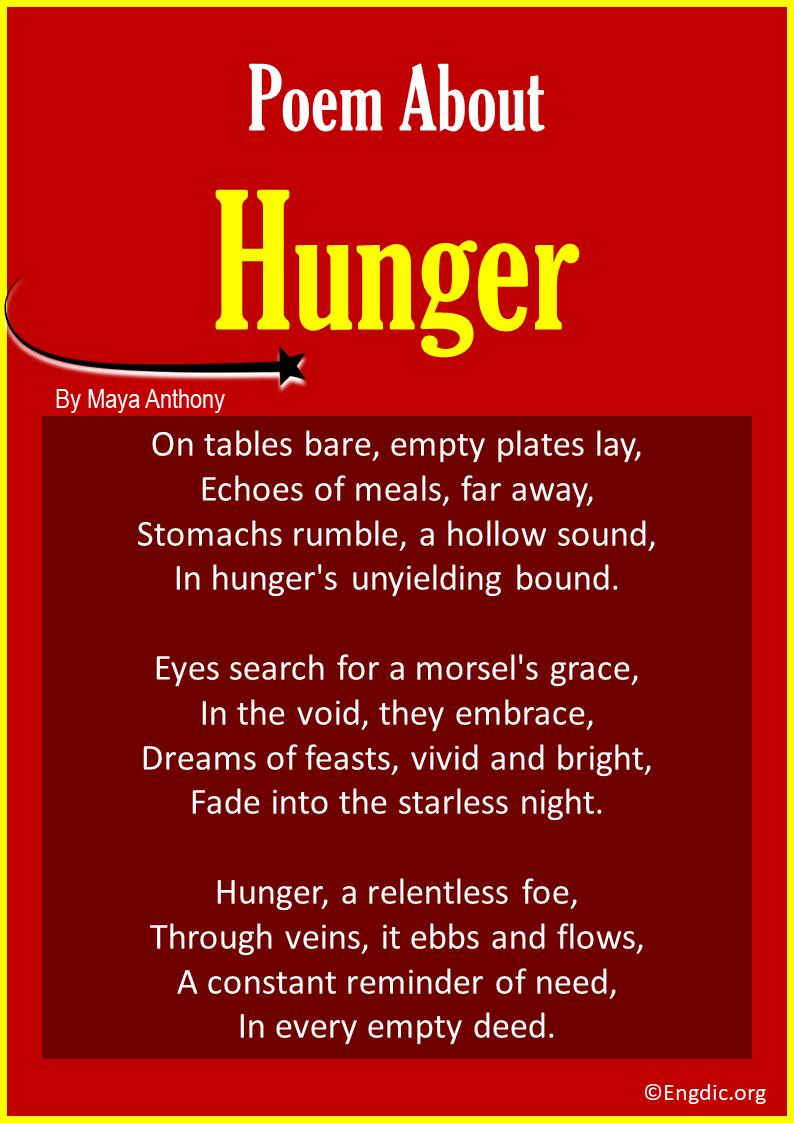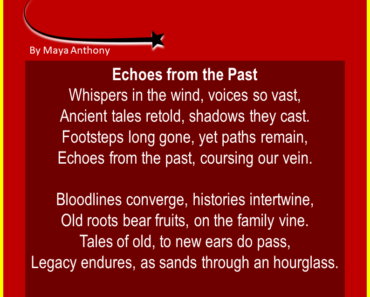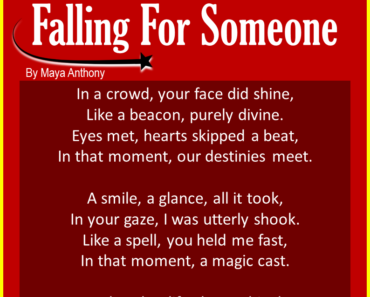Exploring the profound theme of hunger, our collection, “10 Best Short Poems about Hunger,” delves into the visceral, emotional, and societal aspects of this universal experience. Each poem, crafted with care, brings to light the different facets of hunger, from physical need to emotional longing.
Short Poems about Hunger
1. Empty Plates
This poem highlights the stark reality of physical hunger and the despair it brings, emphasizing the emptiness that goes beyond the stomach.
On tables bare, empty plates lay,
Echoes of meals, far away,
Stomachs rumble, a hollow sound,
In hunger’s unyielding bound.
Eyes search for a morsel’s grace,
In the void, they embrace,
Dreams of feasts, vivid and bright,
Fade into the starless night.
Hunger, a relentless foe,
Through veins, it ebbs and flows,
A constant reminder of need,
In every empty deed.
2. The Bread Line
This poem paints a scene of a bread line, symbolizing the collective struggle against hunger and the shared human experience it represents.
In lines that stretch like morning shadows,
Faces worn, by life’s gallows,
Hands outstretched for a piece of bread,
In silence, their stories are said.
Eyes meet, in silent accord,
Shared struggles, cannot be ignored,
In the bread line, they stand,
A testament to hunger’s hand.
Each loaf, a symbol of hope,
In hunger’s steep, slippery slope,
A line that binds them in their plight,
Under the indifferent sunlight.
3. The Hunger of the Heart
Focusing on emotional hunger, this poem explores the longing for love and connection, a different yet equally powerful form of hunger.
In the heart’s quiet chamber, a hunger grows,
For love’s touch, a gentle repose,
A yearning deep, for connection’s balm,
In its absence, a disquieting calm.
Souls reaching out in the silent cries,
Underneath the vast, uncaring skies,
The hunger of the heart, so keen,
In every unspoken scene.
A feast of love, so rare, so sweet,
For which every heart does beat,
In its absence, the soul does wander,
In this world, and yonder.
4. Fruitless Fields
This poem describes barren fields, symbolizing the helplessness and hopelessness of those facing famine and the unyielding grip of hunger.
Fields that once bore nature’s bounty,
Now barren, empty, and count’y,
The earth cracks, a silent plea,
For rain’s mercy, to be free.
Farmers gaze with hopeless eyes,
Under the vast, unyielding skies,
Their toil, their sweat, in vain,
Against hunger’s unending chain.
Fruitless fields, a somber sight,
Reflecting hunger’s growing blight,
A battle with nature’s might,
In the fading light.
5. Midnight Cravings
This poem delves into the concept of late-night hunger, a mix of physical need and emotional seeking, often experienced in solitude.
In the still of the night, hunger awakes,
A craving that stirs, that shakes,
The fridge light, a beacon in the dark,
On a quest, a solitary lark.
Shadows dance on kitchen walls,
As hunger’s subtle whisper calls,
In the quiet, a lone figure stands,
Seeking solace in hunger’s hands.
Midnight cravings, unspoken, felt,
In the heart, they melt,
A silent communion, alone,
In the night’s quiet moan.
6. The Feast of Dreams
Here, hunger is a metaphor for ambition and dreams. The poem explores the insatiable appetite for success and fulfillment.
In the feast of dreams, we dine,
On aspirations, like vintage wine,
A hunger for more, in each breath,
In the vast banquet of success and death.
Each goal, a dish, so rich, so rare,
In this feast, we all share,
Hunger drives us, far and near,
In pursuit of dreams, we hold dear.
Yet in this endless chase, we find,
Hunger of a different kind,
For peace, for rest, in our soul,
In dreams’ unending toll.
7. The Ghosts of Want
This poem personifies hunger as a ghost, haunting those who experience poverty and lack, a specter that lingers and affects all aspects of life.
Ghosts of want, in the night they roam,
In shabby halls, they call their home,
Whispers of need, in the air,
A constant, gnawing despair.
Faces haunted by hunger’s specter,
In life’s play, a somber actor,
These ghosts, they linger, they stay,
In every corner, they lay.
Hunger’s ghost, a silent thief,
Steals joy, brings grief,
A specter that holds, that clings,
In the shadows, it sings.
8. The Siren of Scarcity
Scarcity is personified as a siren, luring individuals into a cycle of unending hunger and need, symbolizing the struggle against poverty and lack.
Scarcity’s siren, in whispers, calls,
Through crumbling streets and desolate halls,
Her song, a melody of unfulfilled need,
In her grasp, hunger plants its seed.
She sings of dreams, unattainable, far,
Under the dim, unreachable star,
Her voice, a trap, a snare,
In the cloak of despair.
Yet fight we must, her beguiling song,
To right what is wrong,
Against scarcity’s siren, we stand,
Together, hand in hand.
9. The Orphan’s Meal
Centered on the experience of orphans, this poem touches on the hunger experienced by children without guardians, a combination of the need for food and familial love.
Orphan eyes, in hope they gleam,
For a meal, a simple dream,
Empty plates, empty halls,
Echoing through barren walls.
Each bite, a treasure, a gift,
In their spirits, it lifts,
Hunger, a constant companion,
In their life’s uncertain canyon.
Yet in their eyes, a fire burns,
For a better turn,
Against hunger, they stand,
In this no man’s land.
10. A World Hungry for Change
The final poem offers a broader perspective on hunger, advocating for change and action to combat global hunger and poverty.
In a world hungry for change, we stand,
Against hunger’s unyielding hand,
A call for action, for compassion’s might,
Against this plight.
Every grain, every morsel we save,
Can help another, be brave,
In this fight, we’re all a part,
In the world’s heart.
Together, we can turn the tide,
In unity, side by side,
A world free from hunger’s chains,
Is what remains.
Explore More Poems:







